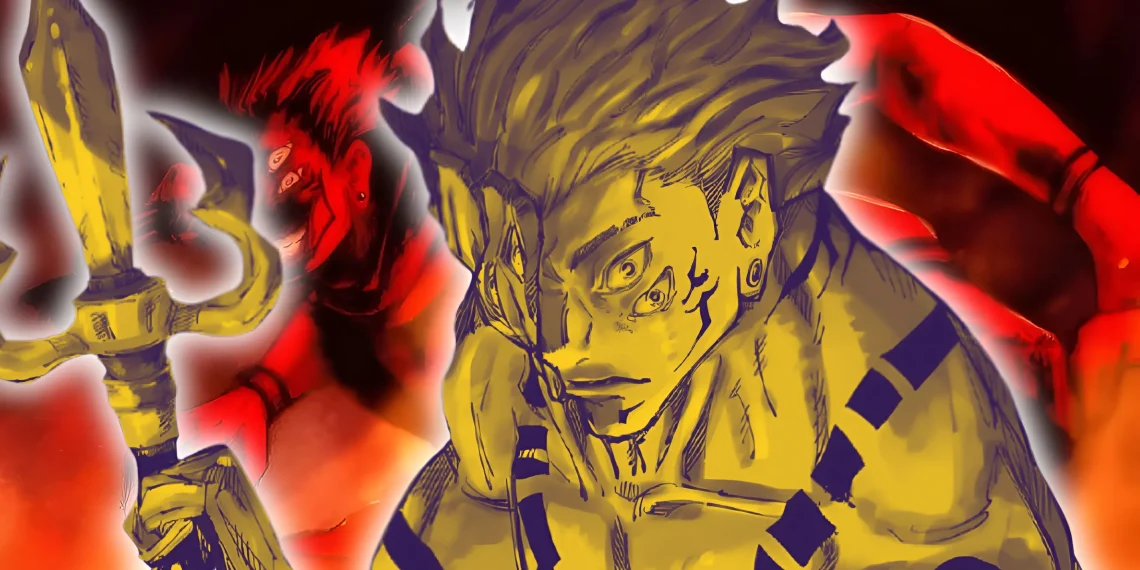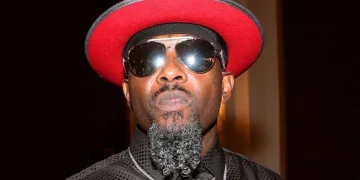Jujutsu Kaisen has attracted the audiences with its fast-paced action, intriguing sorcery system, and memorable characters.
The world of curses, jujutsu sorcerers, and intense battles has been the backbone of the story, keeping fans hooked with each new chapter.
However, as the series approaches its ending, with the Shinjuku Showdown arc recently wrapped up, there’s one glaring omission that fans are struggling to accept.
This omission is none other than the lack of a detailed flashback to the Heian Era the fabled “Golden Age” of jujutsu sorcery.
Fans believe that this period, particularly as it relates to the history of Ryomen Sukuna, the story’s central villain, is crucial to understanding the lore of Jujutsu Kaisen.
Yet, it seems creator Gege Akutami has decided to leave this rich history unexplored, and for many fans, this is a decision they will never forgive.
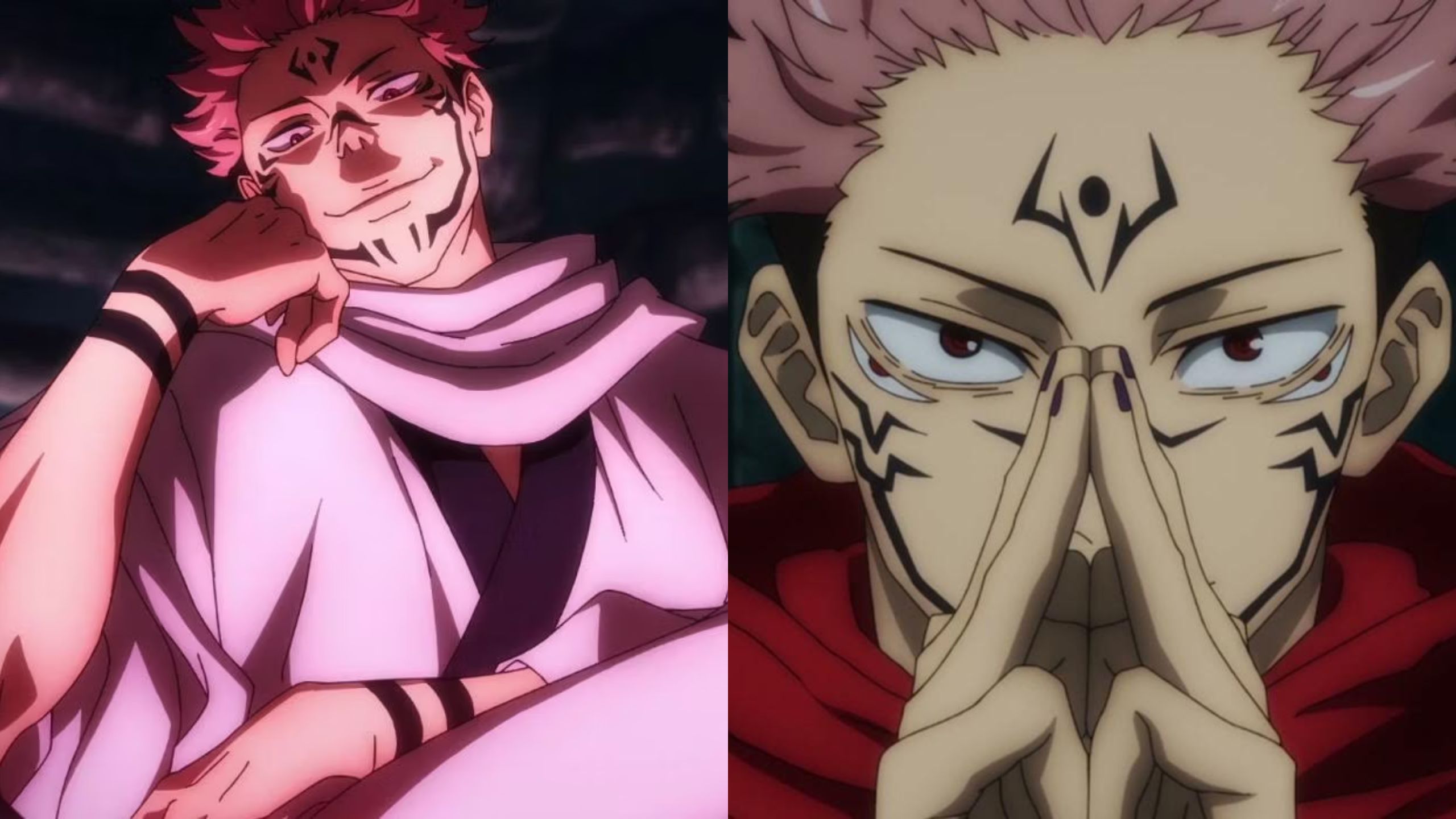
For those who have followed Jujutsu Kaisen from the beginning, Sukuna has been an ever-present force of malevolence.
His introduction as the “King of Curses” immediately painted him as a fearsome figure, one whose power dwarfed that of nearly every other character.
Fans have always wondered what Sukuna was like in his prime during the Heian Era, a time when curses and sorcerers alike lived in a world much different from the one seen in the modern era of the story.
Unfortunately, with Sukuna’s apparent demise at the end of the Shinjuku Showdown, it seems increasingly unlikely that this backstory will ever be fully explored, and fans are grappling with the disappointment of never seeing the true depth of Sukuna’s power and character during that golden age.
The Heian Era: A Missed Opportunity for Rich Storytelling
The Heian Era in the Jujutsu Kaisen universe is often referred to as the “Golden Age” of jujutsu sorcery, a time when powerful sorcerers and curses clashed on an unprecedented scale.
It was during this time that Ryomen Sukuna rose to power, becoming the undisputed King of Curses.
His legend is spoken of with a mixture of awe and fear by modern-day characters, but details about his reign remain scarce.
For fans, the Heian Era represents an untapped well of storytelling potential, and the fact that it hasn’t been explored in more depth feels like a major oversight.
I really think that a big, elaborate Heian era flashback for Sukuna would be a mistake and actually could negatively impact his character for me.
He doesn’t need it at all, it could easily be redundant and all I need are his conclusions and payoff in the present. pic.twitter.com/tUctFw6tzO
— AJ (@Aleczandxr) August 20, 2024
What makes the Heian Era so tantalizing is the mystery that surrounds it. It’s not just a historical footnote in the Jujutsu Kaisen world it’s a critical period that shaped the entire course of jujutsu sorcery as we know it.
The sorcery techniques, the rules of combat, and even the power dynamics between sorcerers and curses were likely very different during this time.
Yet, despite its importance, the series has provided only brief glance of this era, leaving fans hungry for more information.
Imagine the possibilities: a flashback to the Heian Era could have given fans a firsthand look at Sukuna in his prime, showcasing the full extent of his terrifying power.
It could have provided context for why he became the King of Curses, how he interacted with other powerful sorcerers and curses of the time, and what kind of world allowed someone like Sukuna to rise to such prominence.
A well-executed Heian Era flashback could have deepened the lore of Jujutsu Kaisen, giving fans a richer understanding of the history that led to the events of the present-day story.
Yet, as the series nears its end, it seems increasingly unlikely that fans will ever get the detailed flashback they’ve been hoping for.
This omission has left many feeling that a significant part of the story has been left untold, and it’s hard not to wonder how much more impactful Sukuna’s character could have been if his origins had been fully explored.
Sukuna’s Importance in the Narrative
Sukuna is not just another antagonist in Jujutsu Kaisen. From the moment he was introduced, he was set up as a central figure in the story a villain whose mere presence posed an existential threat to the world of jujutsu sorcery.
His status as the King of Curses, combined with the mystery surrounding his past, made him one of the most intriguing characters in the series.
Fans wanted to know what motivated him, what events led him to become such a powerful and feared figure, and what kind of world he ruled over during the Heian Era.
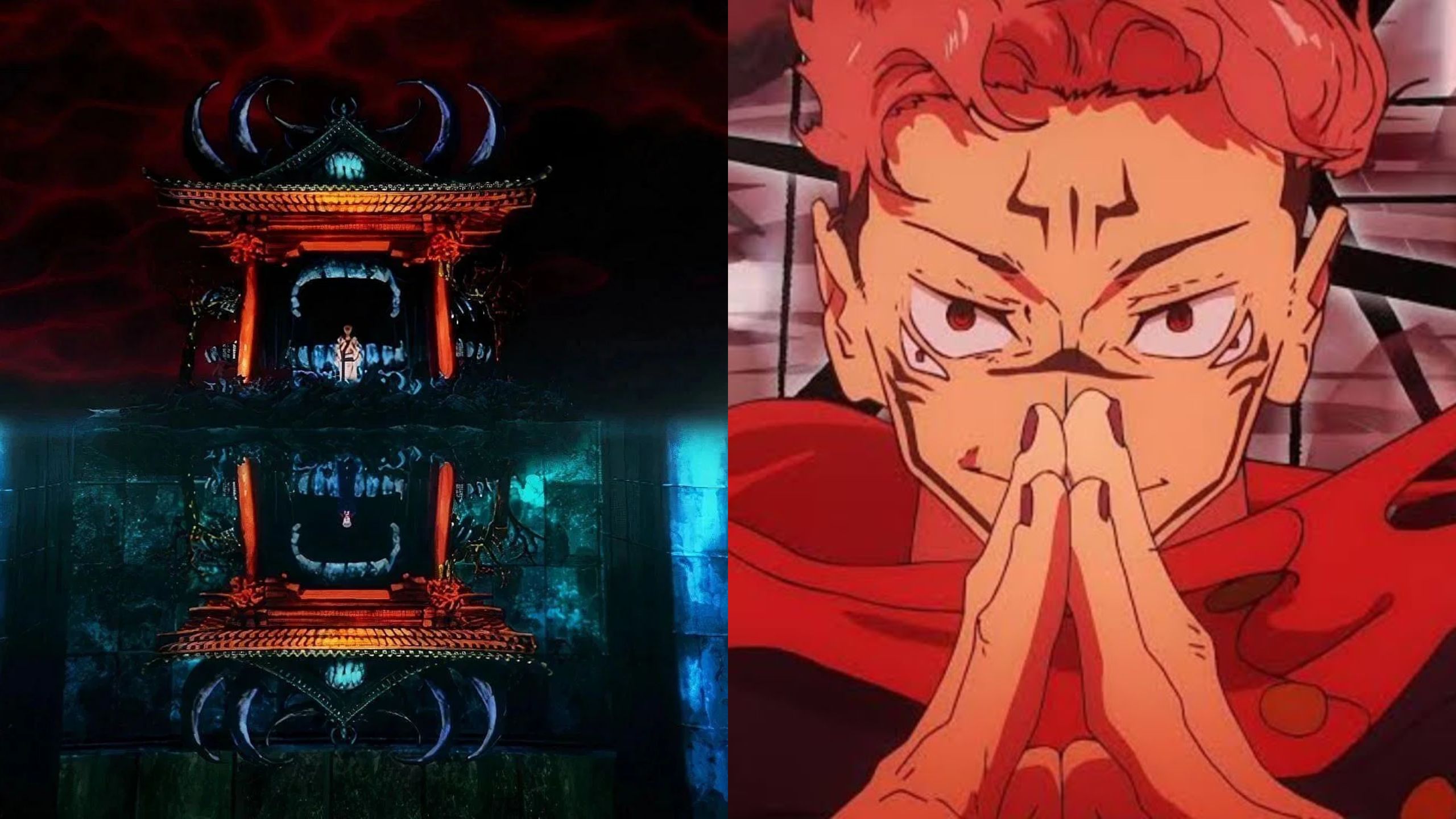
Despite his importance, however, Sukuna’s backstory has remained largely unexplored. There have been hints and brief references to his past, but nothing that offers a comprehensive look at his character.
This stands in stark contrast to other shonen series, where it’s common practice to jump into the backstories of major villains, offering explanations for their actions and motivations.
In many cases, these backstories serve to humanize the villain, showing that their journey to becoming an antagonist was shaped by a series of tragic or morally complex events.
In the case of Sukuna, fans were expecting a similar treatment. After all, Jujutsu Kaisen has always taken care to develop its characters, giving even minor ones their moments of depth and complexity.
With Sukuna being such a central figure, it seemed inevitable that his past would be explored in more detail, especially given the tantalizing glance we’ve seen of the Heian Era.
But as the series draws to a close, it appears that this exploration will never come, leaving Sukuna’s character incomplete in the eyes of many fans.
Fanbase’s Reaction to Sukuna’s Fate
When it was revealed that the Jujutsu Kaisen manga would be ending in just a few chapters, the fanbase was thrown into a state of shock.
Up until that point, the story had been building toward what seemed like a climactic final battle, with Sukuna playing a central role in the conflict.
The Shinjuku Showdown arc had set the stage for an epic confrontation, and fans were eager to see how the story would resolve.
But as the final chapters unfolded, it became clear that the ending was being rushed, with several key plotlines left unresolved.
For many fans, the most glaring omission was the lack of a proper backstory for Sukuna.
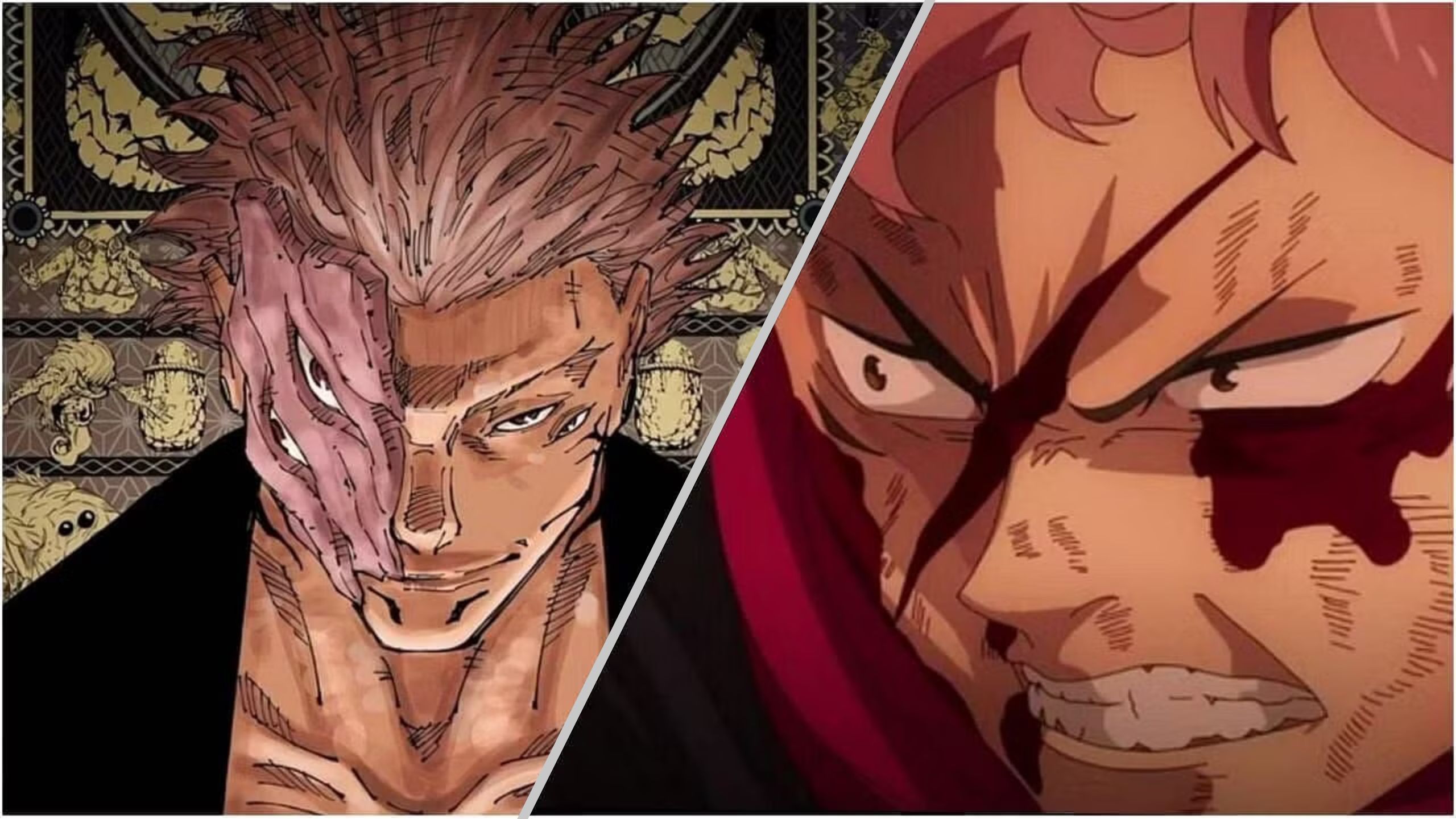
After all the buildup surrounding his character, the expectation was that we would finally get to see what made him the King of Curses, and how he came to wield such immense power.
Instead, Sukuna’s fate was seemingly sealed without ever providing the answers fans had been waiting for.
The fan reaction was swift and vocal. Social media platforms were flooded with comments expressing disappointment and frustration over the rushed ending of the story.
“How could they end it without showing us Sukuna in his prime?” one fan tweeted, echoing the sentiment of many others.
The lack of a Heian Era flashback, in particular, became a focal point of the criticism, with fans lamenting the missed opportunity to explore one of the most intriguing aspects of the Jujutsu Kaisen universe.
The sense of disappointment is compounded by the fact that Sukuna’s past was built up as one of the series’ biggest mysteries.
Throughout the story, there have been numerous references to the Heian Era and Sukuna’s role in it, leading fans to believe that this would eventually be explored in greater detail.
But with the series now drawing to a close, it seems that this is a mystery that will remain unresolved, and for many fans, that’s a bitter pill to swallow.
Sukuna’s Mystique: A Double-Edged Sword?
While many fans are disappointed by the lack of a Heian Era flashback, there is a contingent of the fandom that believes this decision was intentional and even beneficial to the story.
According to this perspective, the mystery surrounding Sukuna is part of what makes him such a compelling villain.
By leaving his past largely unexplored, Akutami is allowing Sukuna to retain an air of mystique and unpredictability, which makes him all the more terrifying.
These fans argue that sometimes, less is more when it comes to character development.
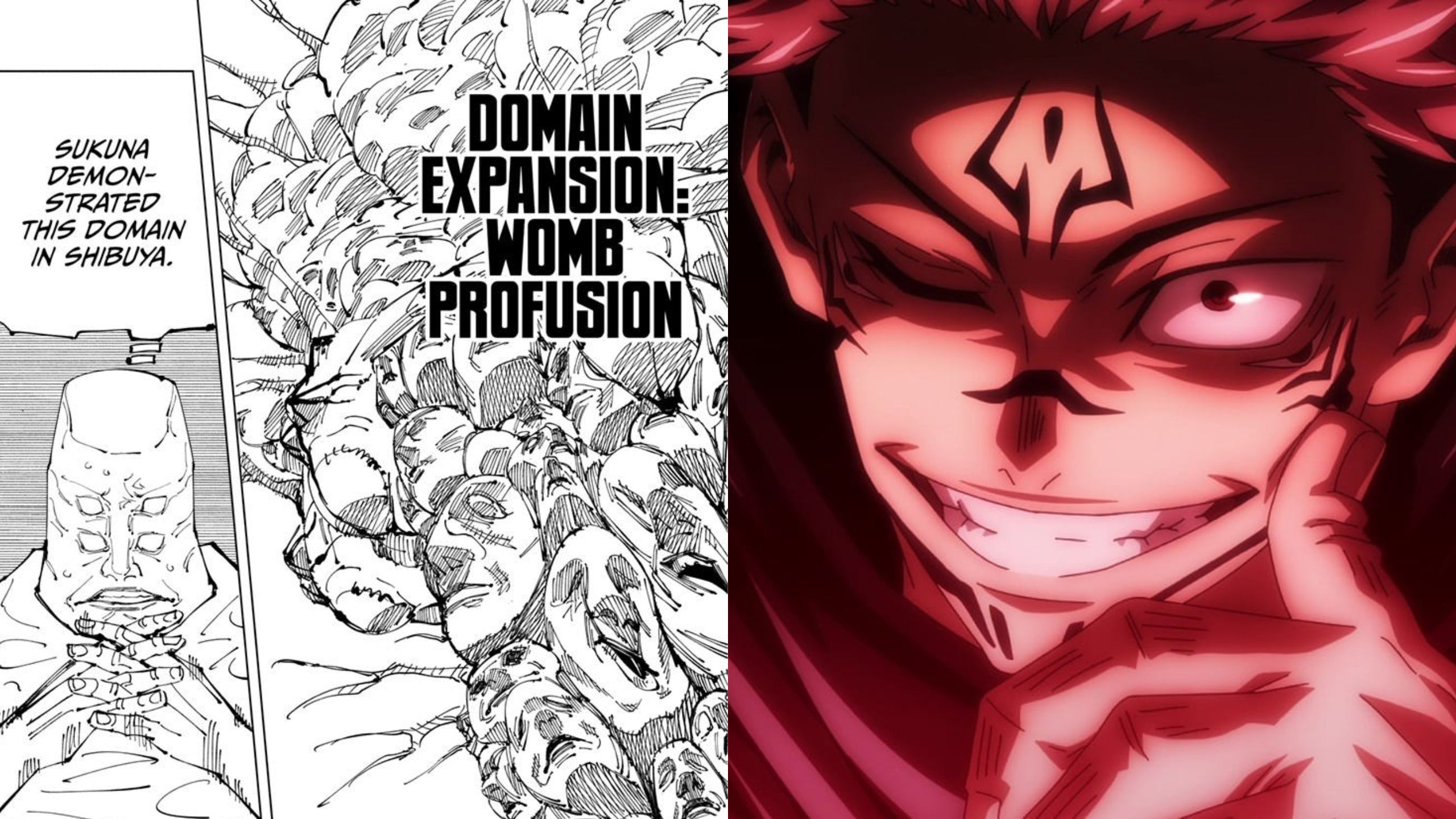
By not providing a detailed backstory for Sukuna, the series is reinforcing the idea that he is an unknowable force of nature someone whose motivations and actions cannot be easily explained or understood.
This ambiguity, they argue, makes Sukuna an even more effective antagonist, as it leaves fans with the unsettling feeling that there is no rhyme or reason to his actions.
This approach to character development is not without precedent.
Some of the most iconic villains in pop culture, from Star Wars’ Emperor Palpatine to The Dark Knight’s Joker, have remained shrouded in mystery, and this has only added to their effectiveness as antagonists.
In the case of Sukuna, his lack of a clear backstory may serve to improve him as a symbol of chaos and destruction a figure who cannot be reasoned with or fully understood.
However, while this perspective has its merits, it’s not enough to satisfy the portion of the fanbase that feels that Sukuna’s character has been left incomplete.
For these fans, the lack of a Heian Era flashback doesn’t add to Sukuna’s mystique it simply feels like a missed opportunity to explore one of the most interesting aspects of the Jujutsu Kaisen universe.
They argue that providing more context for Sukuna’s character would have made his eventual defeat (or triumph) more emotionally resonant, as it would have allowed fans to understand the full scope of his journey and the forces that shaped him into the villain he became.
The Importance of Backstory in Shonen Manga
One of the reasons why the lack of a Heian Era flashback has been so frustrating for fans is that Jujutsu Kaisen is a shonen manga, and in this genre, it’s common practice to enter into the backstories of major villains.
In fact, many of the most beloved shonen series are known for providing detailed backstories for their antagonists, often showing that their journey to becoming a villain was shaped by a series of tragic or morally complex events.
Take Naruto, for example. One of the key reasons why the series’ final battle between Naruto and Sasuke was so emotionally charged was because fans had spent years learning about Sasuke’s past, his motivations, and the trauma that drove him to pursue a path of vengeance.
My beautiful Heian Era flashback💔💔 #jjk268 pic.twitter.com/EHbx0XGJJc
— Main (@mainmajin) August 29, 2024
Similarly, in One Piece, villains like Doflamingo and Big Mom are given extensive backstories that not only explain their motivations but also make them more sympathetic characters, even as they commit heinous acts.
By providing this level of depth to its villains, shonen manga allows fans to see the full scope of their characters’ journeys, making the final confrontations between hero and villain more impactful.
In many cases, these backstories humanize the villains, showing that they are not just evil for the sake of being evil, but rather that they are the product of a series of choices and events that led them down a dark path.
In the case of Jujutsu Kaisen, fans were expecting a similar treatment for Sukuna.
After all, the series had taken great care to develop its other characters, giving even minor ones their moments of depth and complexity.
It seemed only natural that Sukuna, as the story’s central villain, would eventually be given the same treatment.
But with the series now nearing its end, it appears that this expectation will go unmet, leaving fans feeling that Sukuna’s character is incomplete.
What Could Have Been: A Heian Era Flashback
If Jujutsu Kaisen had chosen to explore the Heian Era in more detail, it’s easy to imagine the kind of scenes that could have unfolded.
A flashback to this period would have allowed fans to see Sukuna at the height of his power, battling against other powerful sorcerers and curses.
We could have witnessed the rise of jujutsu sorcery as an art form, with ancient techniques and strategies that have long been forgotten by the present day.
The political world of the Heian Era could have been explored as well, showing the complex relationships between sorcerers and the cursed beings they sought to control.
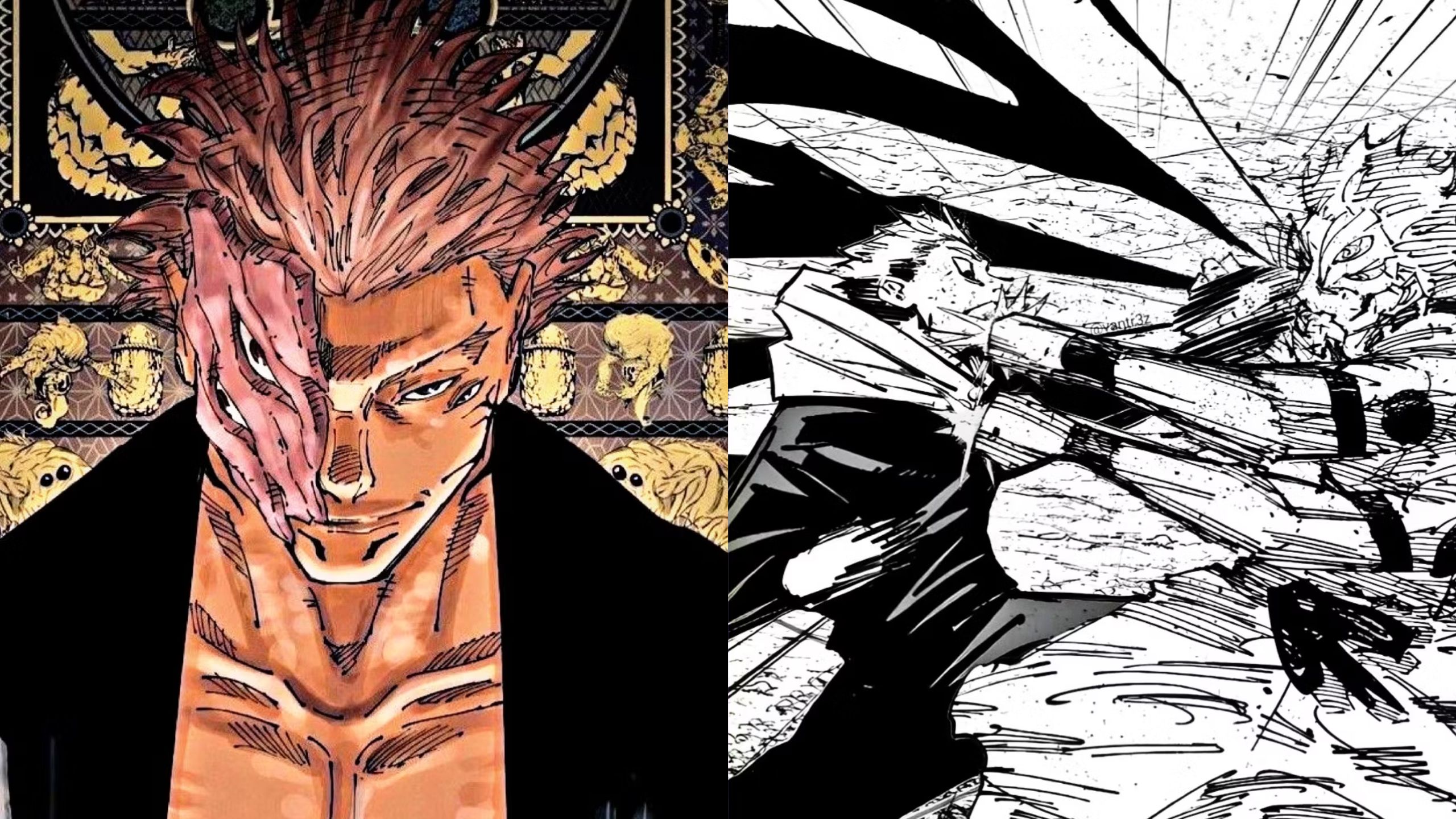
Moreover, a Heian Era flashback could have provided a stark contrast to the world of Jujutsu Kaisen as we know it today.
The present-day jujutsu society is one that is struggling to maintain order in the face of overwhelming chaos, but during the Heian Era, things were likely even more perilous.
Seeing how sorcerers from that time dealt with the challenges they faced could have added an extra layer of depth to the story, showing that the struggles of the present are part of a larger, ongoing conflict that stretches back centuries.
In addition to exploring Sukuna’s character, a Heian Era flashback could have also shed light on other key figures from that time period.
Characters like Kenjaku, who also lived during the Heian Era, remain mysterious figures whose motivations are still not fully understood.
By jumping into this era, the story could have provided valuable context for understanding their actions in the present day, as well as their relationships with characters like Sukuna.
The Future of Jujutsu Kaisen
As Jujutsu Kaisen approaches its ending, it’s clear that the lack of a Heian Era flashback will remain a point of contention for fans.
While some may argue that the mystery surrounding Sukuna adds to his mystique, the majority of the fanbase feels that this is a missed opportunity to explore one of the most intriguing aspects of the series.
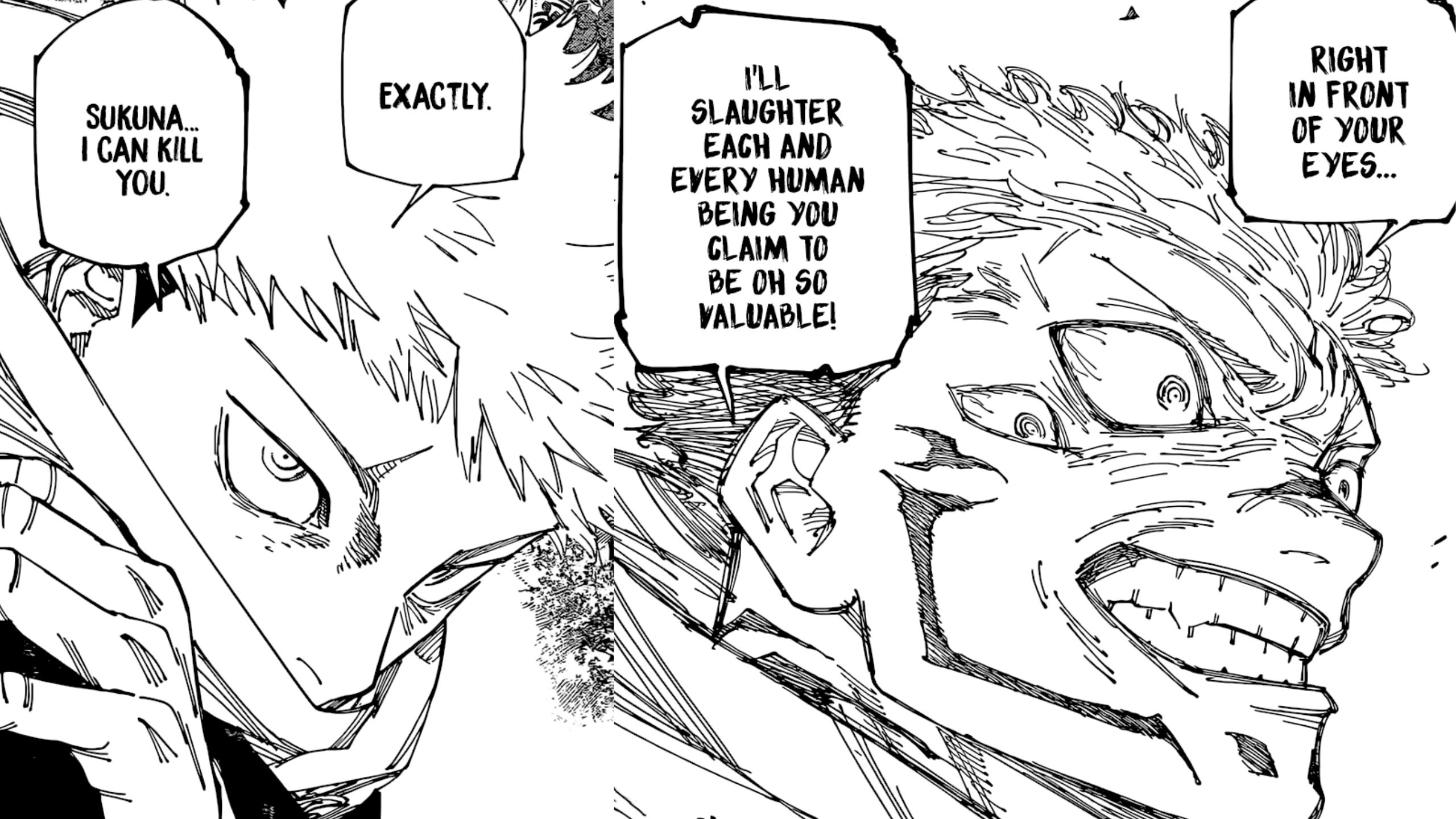
Whether or not Gege Akutami will address this in the final chapters remains to be seen, but for many fans, the damage has already been done.
In the end, the decision not to explore the Heian Era in more detail speaks to a broader issue with the pacing of Jujutsu Kaisen as it approaches its finale.
With several key plotlines left unresolved and characters like Sukuna still shrouded in mystery, it’s clear that the series is rushing toward its ending, leaving fans with more questions than answers.
Whether or not the final chapters will provide the closure that fans are hoping for remains to be seen, but one thing is certain: the legacy of Jujutsu Kaisen will be shaped in part by the storylines it chose not to explore.


